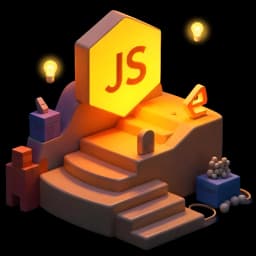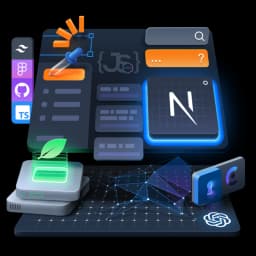Lifetime access to this course
Develop Consistency and Discipline
Meet John 👋 John wants to become an "10x" developer. He's heard that the right setup can make a world of difference, so he decides to go all out. He buys a fancy ergonomic chair that feels like a throne, a mechanical keyboard that clicks in all the right ways, four ultra-high-definition monitors to make his desk look like a mission control center, and every other gadget he can think of.
The rest of this lesson is waiting.
Join JS Mastery Pro to unlock it.
Dev Career Accelerator
$575
Buy the Course OnlyBuild advanced web app
Certificate of completion included
Great for focused learners who just want this course





Get Full Access
$149 /month
Lock in a year & save—2 months free!
Access to all courses
Quizzes, mini-challenges, AI summaries, inline sandboxes
Participation in a private community
Build real production-grade apps
Mock interviews & project reviews
Weekly live sessions & member-only access